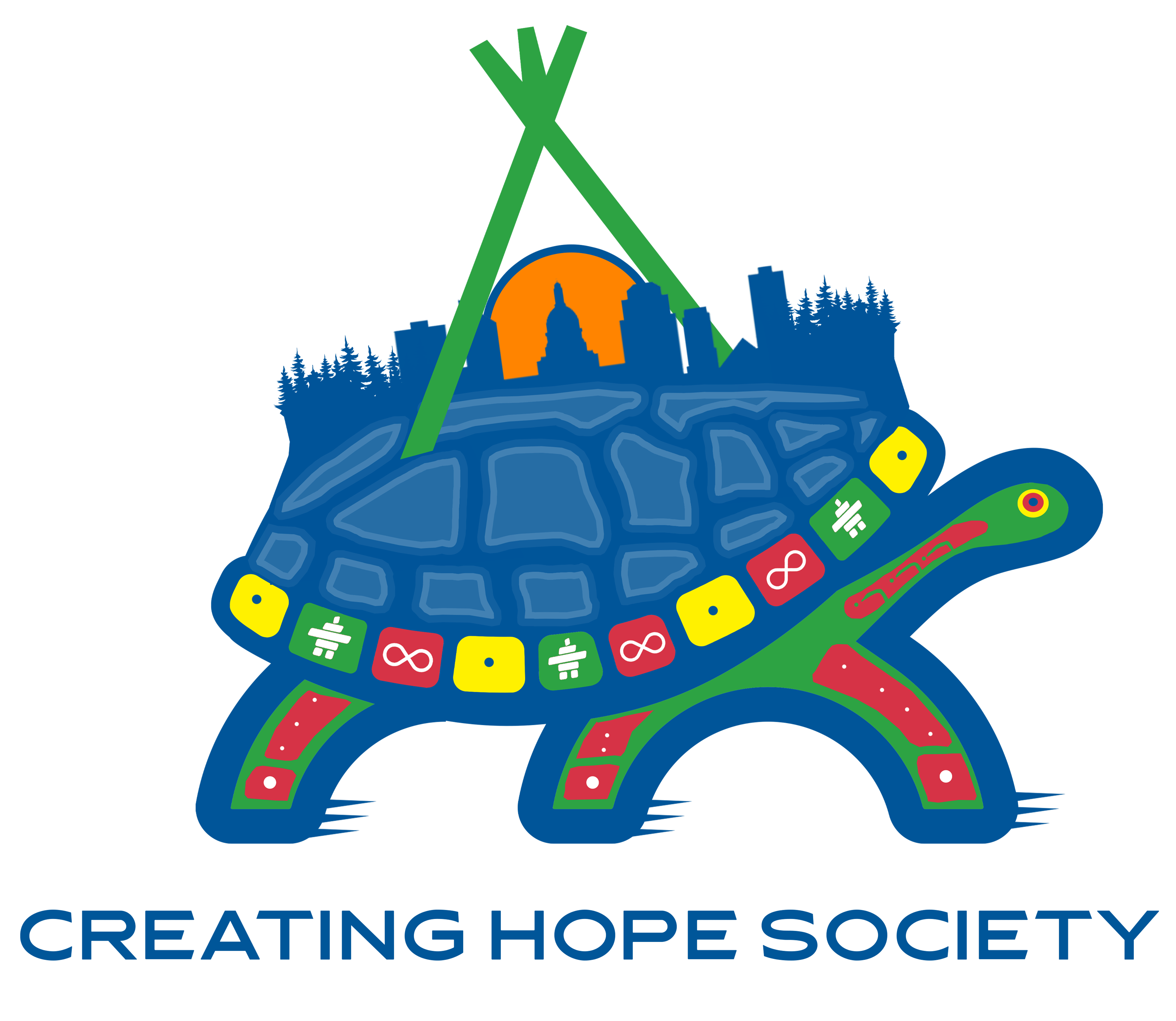Where are our artisans, our weavers, fisherman, medicine people, dancers, shamans, sculptors, and hunters? For thirty years, generations of our children, the future of our communities, have been taken away from us. Will they come home as our leaders knowing the power and tradition of their people? Or will they come home broken and in pain, not knowing who they are, looking for family that died of a broken heart? (Quoted in Fournier and Grey, 1997)
Your rights as a parent and/or member of the extended family are:
- The Ministry must also apply to court within 24 working days of when your child was apprehended;
- A hearing must take place within 10 days of the application or the first day the court sits;
- The Ministry must notify you of the hearing at least 2 days ahead of time unless the court allows otherwise and the Ministry is responsible of informing you of your court date;
- You have the right to have a lawyer;
- You have the right to appeal if you are not happy with the decision of the case worker; If this fails you can:
– Try to work it out with the caseworker
– Talk to the caseworker’s supervisor
– Ask for an administrative review with the office manager
– Appeal to the child welfare appeal board;
- You have the right to appeal a court decision;
- You have the right to get a written explanation why a request for information was refused;
- You have the right to contact the Children’s Advocate who can guide you through the process and help make you aware of the rights of your child;
- It is your right to get involved with your child’s Service Plan
Any decision concerning the placement of a child outside the child’s family should take into account the following:
- The benefits to the child placement within the child’s extended family (kinship care);
- The benefits to the child of placement within or as close as possible to the child’s home community;
- The benefits to the child of a placement that respects the child’s familial, cultural, social, and religious heritage;
- The benefits to the child of stability and continuity of care and relationships;
- The mental, emotional, and physical needs of the child and the child’s mental emotional and physical stage of development and
- Whether the proposed placement is suitable for the child.
“If the child is an Aboriginal child, the uniqueness of Aboriginal culture, heritage, spirituality, and traditions should be respected and consideration should be given to the importance of preserving the child’s cultural identity.”
